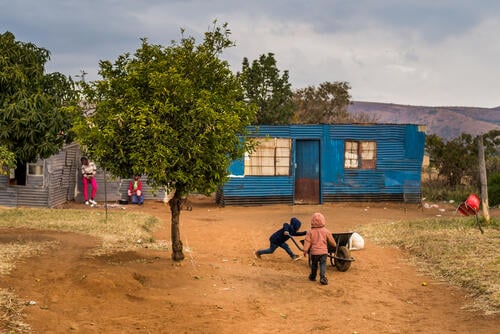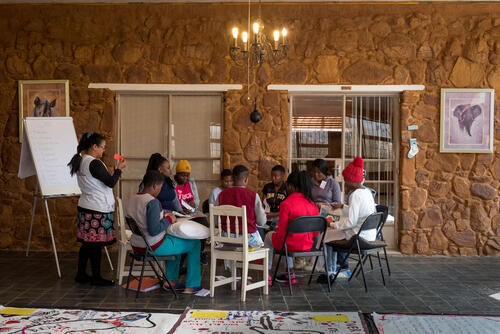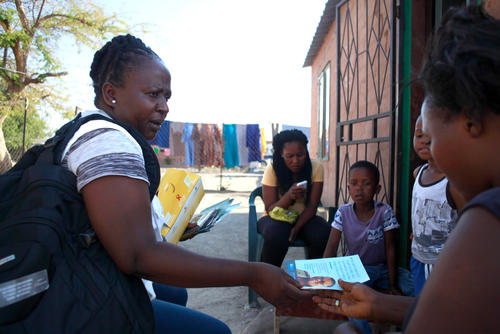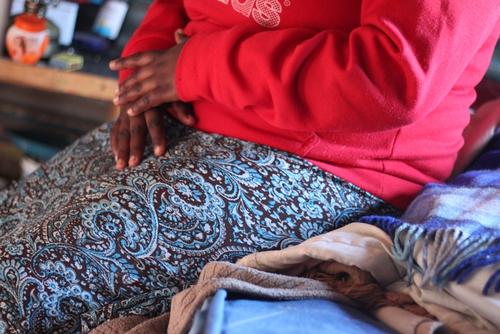MSF has published a report according to which accessing mental healthcare is a “lottery” for victims of sexual violence in South Africa.
Through a nationwide telephonic survey, MSF assessed the level of mental healthcare provided at over 130 of the 265 facilities designated to provide services for survivors of sexual violence across the country.
A total of 265 facilities in South Africa are designated by the government to provide comprehensive care to survivors of sexual violence, yet the survey data shows that 1 in 5 currently offers no mental health services, 45 per cent say they offer no counselling services for children, and nearly 40 per cent provide no risk assessment of suicidality.
Access to mental health services after rape should not be a lottery for survivors, recalling that the severe psychological consequences that can result from rape can be prevented or reduced with access to the right care.
A big barrier to progress is the low number of health facilities that are equipped to provide services to survivors, and the fact that most of these facilities are based in hospitals in urban areas and are therefore difficult for many to get to.






